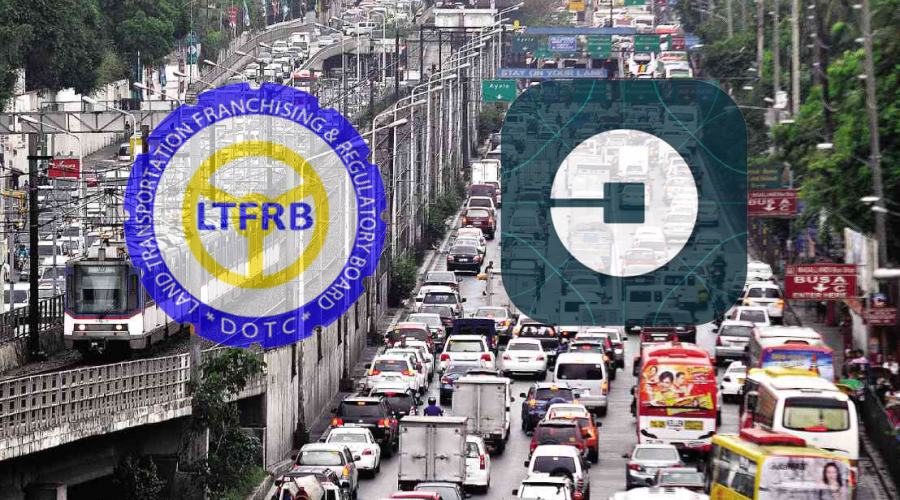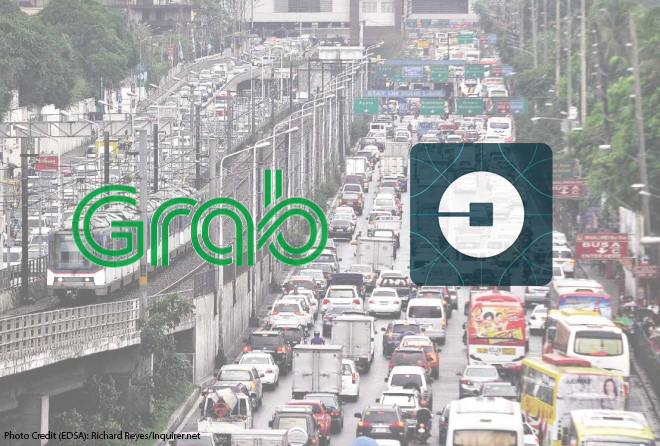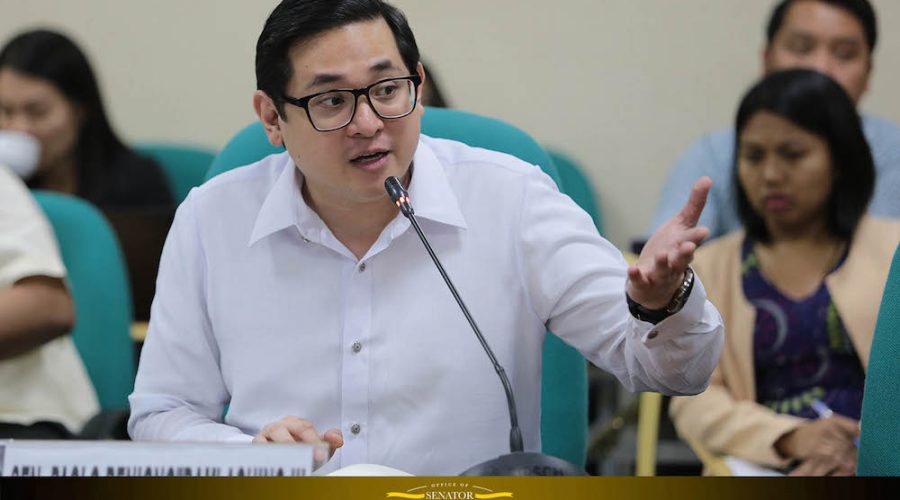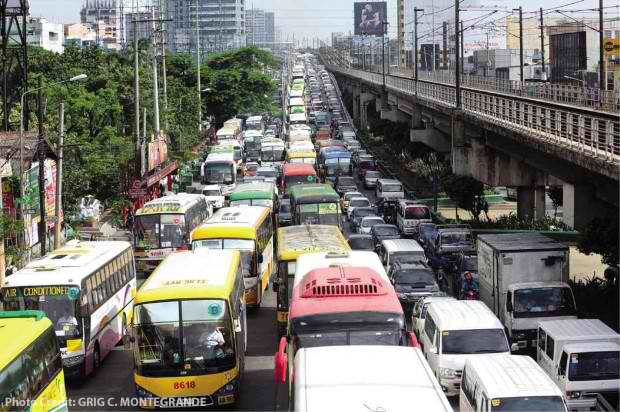Bam: Uber to pay LTFRB fine, compensate drivers for stop in operations
Sen. Bam Aquino reiterated his advice to the Land Transportation Franchising and Regulatory Board to impose a monetary penalty or fine on Uber instead of suspending their operations.
“Halting operations of Uber will only hurt the drivers and the riding public. A monetary penalty will give us the same result without having to hassle our commuters,” said Sen. Bam after attending the meeting between the LTFRB and Uber in the Senate.
In the informal meeting, it was also suggested that Uber compensate drivers for the days that they will not be able to use their vehicles.
“Hanapbuhay ng mga Pilipino ang pinaguusapan natin rito. Nawawalan sila ng kita para sa kanilang pamilya dahil sa stop order na ito. Natutuwa naman kami na may openness ang Uber dito,” Sen. Bam said, adding that Uber did not challenge this position.
LTFRB will hold a special hearing on Wednesday to decide on the matter. “If all parties are in agreement, we hope the stop order can be lifted at the soonest possible time,” said Sen. Bam.
All parties agreed that a new regulatory framework needs to be developed, not just for ridesharing services but also to improve our taxi fleets and their ability to serve the riding public and compensate drivers.
Sen. Bam is hopeful that LTFRB can propose a new framework and legislation can come in to institutionalize these progressive changes to improve transportation in the country.
As early as last year, Sen. Bam filed Senate Bill No. 696 or the Rideshare Support Company, which aims to promote and encourage new, affordable and safe transportation options for the commuting public, like Uber and Grab.






Recent Comments